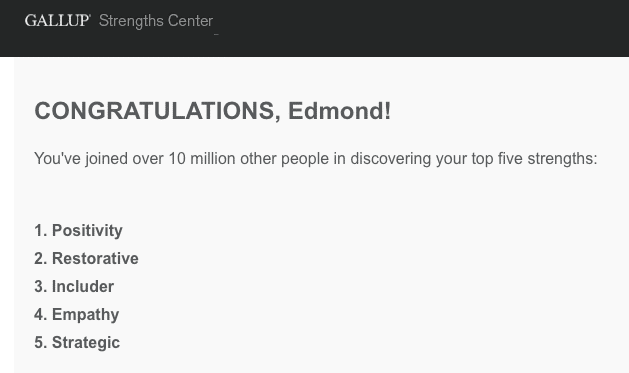It’s not easy to find sites on Bitcoin or cryptocurrencies that you can trust.
This is the Wild, Wild West.
One site I trust is https://coinmarketcap.com (I trust it because of the amount of traffic they get. I use a Chrome extension called SimilarWeb which is free and this estimates the amount of traffic that goes to a site. CoinMarketCap has around 52m visitors a month which indicates to me that it’s a valid site that people trust. That’s good enough for me.)
Click on this link and you will see the following screen:
(I’ve screen-shotted just the first 11 cryptocurrencies because I couldn’t fit them into the screenshot)
Anyway, look at the list. These are arranged in order of market capitalisation (market cap). For example, Bitcoin’s market cap at the time this screenshot was taken isUSD 62,530,606,485 (yes that’s USD 62 billion). This is calculated by multiplying the price of a Bitcoin (USD 3,789.22) by the number of Bitcoins in issue (Circulating Supply) (16,502,237).
Look at this next screenshot of CoinMarketCap:
Look below the CNBC advert and you’ll see a figure for BTC (Bitcoin) dominance which shows the percentage of BTC’s market cap as opposed to the market cap of all cryptocurrencies put together. I.e. Bitcoin is nearly 50% of the overall cryptocurrency market!
Anyway back to the first screenshot:
I’m going to buy all of the above as they are the most established (based on market cap).
But first, I’m going to buy Monero, which is just out of sight on the above screenshot, at number 12 by market cap.
My next question is how to weight/allocate across the cryptocurrencies I’m going to buy.
What are you buying? What cryptocurrencies do you hold? Let me know in the comments below.







